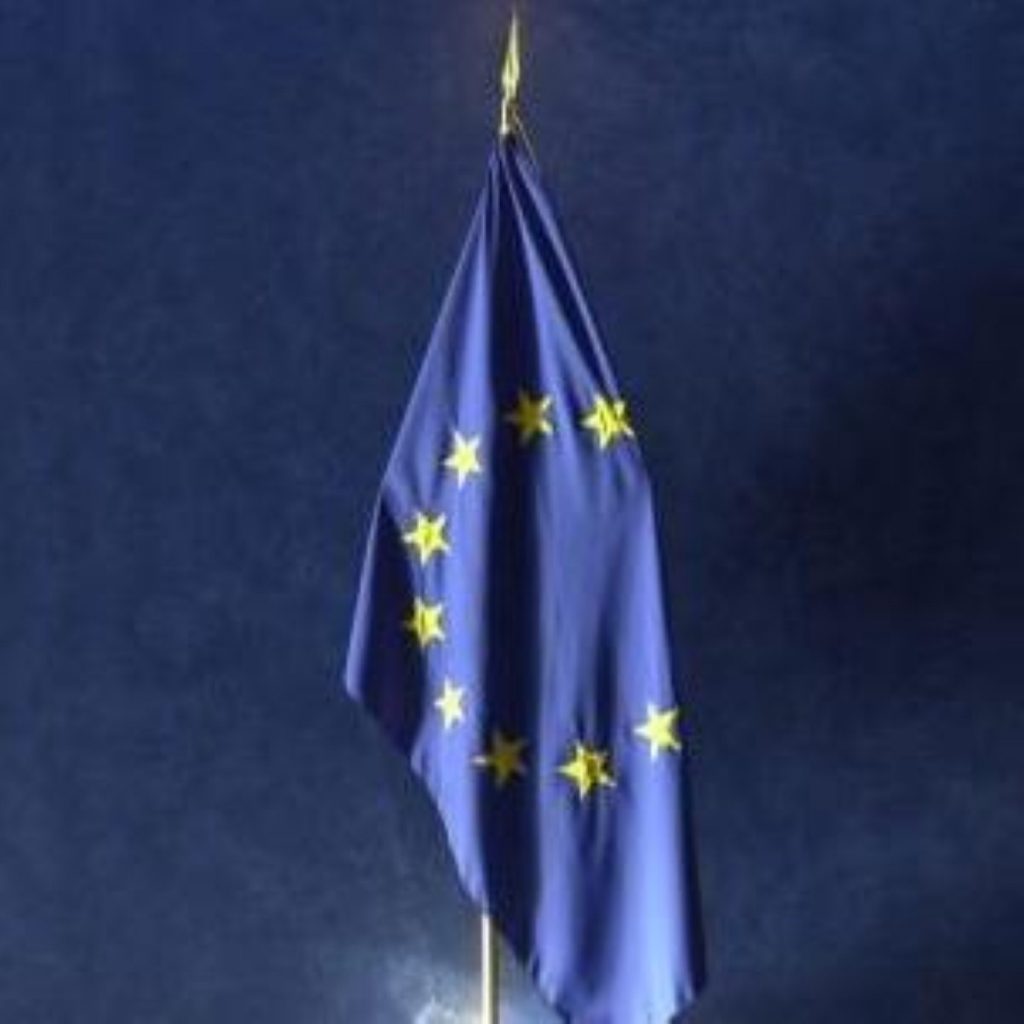EU calls for immediate halt to Middle East conflict
The European Union has called for an “immediate cessation of hostilities” in the Middle East, to be followed by a “sustainable ceasefire”.
The statement falls short of the call for the immediate ceasefire that Lebanon and many campaigners were calling for, after Britain, Germany, Poland and the Czech Republic signalled their opposition to such strong language.
However, Finnish foreign minister Erkki Tuomioja, who chaired today’s three-hour emergency meeting of the 25 member states, insisted the EU was “united” in its message and said he was “very satisfied” with their conclusions.
There had been “intensive discussions, but no disunity”, he told reporters, adding that British foreign secretary Margaret Beckett had played a “constructive” part.


Today’s statement calls for an immediate end to hostilities, followed by a sustainable ceasefire based on further political negotiations. An international security force would be introduced ensure that ceasefire remains in place.
“Once a secure a framework has been established, and we are hopefully talking about days rather than weeks, the EU member states have indicated a willingness to contribute to such a force,” Mr Tuomioja said.
He added: “The important thing is that there is a unified commitment by the EU behind this programme.”
The EU also announced ?50 million in humanitarian aid for Lebanon, and the Finnish presidency stressed that the killing of innocent civilians “must stop”. It called on Israel to allow aid workers access to the people who need their help.
The meeting comes amid reports that despite her public reluctance, Ms Beckett has actually been pressing Downing Street to break from Washington and actually support an immediate ceasefire.
According to the BBC, the Foreign Office urged Tony Blair’s office last week to use stronger language against Israel, which has been bombarding southern Lebanon with rockets for more than two weeks in an effort to wipe out militant group Hizbullah.
Environment secretary David Miliband is thought to have raised concern about Britain’s position on the conflict at last week’s cabinet meeting, while former foreign secretary Jack Straw spoke out at the weekend, saying Israel’s actions were “disproportionate”.

